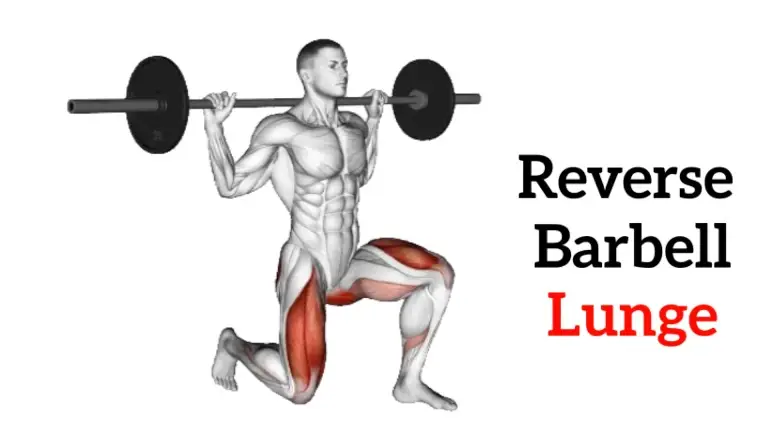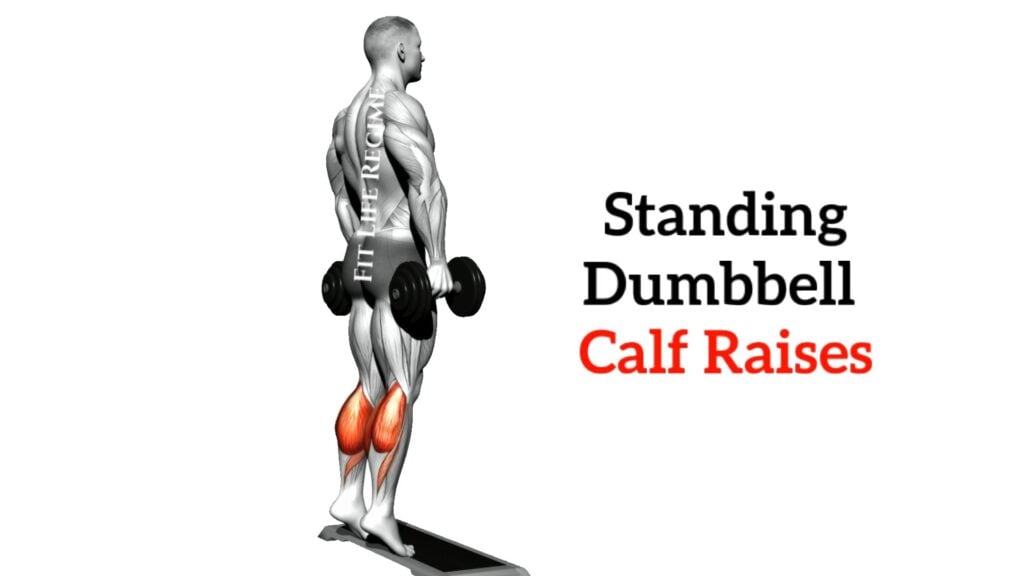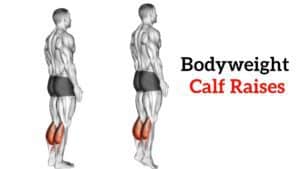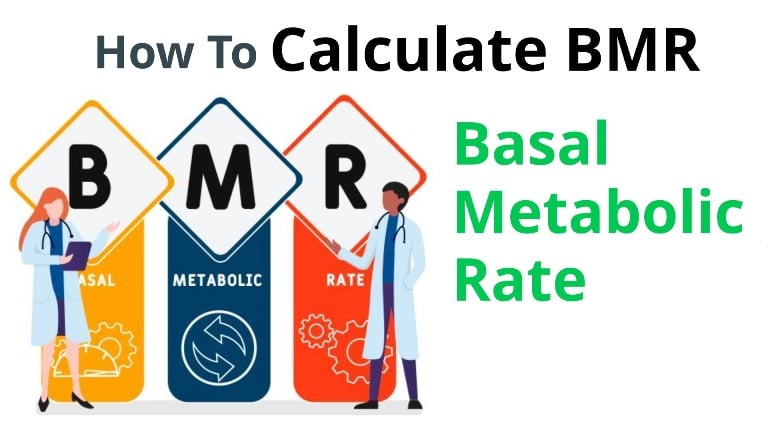Get Fit, Feel Great, and Live Your Healthier Life with Fit Life Regime
Get accurate and up-to-date information on a variety of exercise and fitness topics We focus on strength training, cardio, yoga, nutrition, and the latest trends.
CHOOSE EXERCISE
LATEST ARTICLES
- Smith Machine Upright Row
- 21 Best Front Deltoid Exercises: Build Strong, Defined Shoulders
- 12 Best Rear Delt Cable Exercises (With Workout Routines)
- Dumbbell Upright Row: How To Do and Muscles Worked
- High Cable Row: How To Do and Muscles Worked
- Barbell Reverse Lunges: Muscles Worked, Benefits And Foam
- Dumbbell Overhead Squat: How To Do and Muscles Worked
- Seated Dumbbell Calf Raise: How To Do and Tips
- 7 Best Dumbbell Calf Exercises to Strengthen Your Calves
- Standing Dumbbell Calf Raise
Abs & Core Exercise
- 20 Best Landmine Exercises
- 7 Best Pull-Up Bar Ab Exercises for a Strong Core
- 20 Gym Ab Exercises (With Abs Workout Routine)
- Torso Rotation Machine: How To Do, Muscles Worked, Benefits
- 7 Gym Machine For Abs Workout (With Exercises Plan)
- 10 Easy Core Strengthening Exercises for Beginners
- Standing Oblique Crunch: How To Do, Benefits & Muscles Worked
- Oblique Exercises Names Using Bodyweight, Gym Equipment and Dumbbells
- Abs Workouts Names Using Bodyweight, Gym Equipment and Dumbbells
- 20 Ab Workouts For Men To Build Six Pack Abs
Arm Exercise
- How to Build Big Biceps with Pull-Ups: 7 Best Exercises
- Barbell Drag Curl: How To Do and Muscles Worked
- 10 Best Push Up For Beginners to Build Your Strength
- Drag Curl: Muscles Worked, Benefits and Variations
- Do Decline Tricep Extension With Dumbbell, Ez Bar and Barbell
- Cable Tricep Kickbacks: Muscles Worked, How To Do and Tips
- 12 Best Barbell Arm Exercises (With Workout Plan)
- Close Grip Barbell Curl: Muscles Worked, Benefits & Alternative
- Compound Arm Exercises to Build Bigger Bicep and Tricep
- Wall Push-Ups: Benefits, How To Do, Muscles Worked & Form
Back Exercise
- Smith Machine Upright Row
- Dumbbell Upright Row: How To Do and Muscles Worked
- High Cable Row: How To Do and Muscles Worked
- One Arm Cable Row: How To Do, Muscles Worked & Tips
- Dumbbell Lat Workout To Build V- Shape Back
- Pullover Machine: How To Do, Muscles Worked
- Shoulder Shrug Exercise: Benefits, Muscles Worked, Tips
- One Arm Dumbbell Row: Muscles Worked, How To Do And Tips
- 10 Best Foam Roller Exercises for Your Back
- Landmine Deadlift: Muscles Worked, Form, Benefits
Chest Exercise
- Pullover Machine: How To Do, Muscles Worked
- Single Arm Cable Fly (3 Best Ways To Do It)
- Upper Chest Cable Exercises for Bigger & Stronger Chest
- 20 Best Landmine Exercises
- Chest Workout On Pull up Bar: 5 Best Exercises
- 10 Best Chest Exercises for Men (With Workout Routine)
- Landmine Press: Muscles Worked, Variations & How To Do
- T Push Up: How To Do, Benefits and Muscles Worked
- Standing Dumbbell Fly: How to Do, Muscles Worked, Tips
- 10 Best Push Up For Beginners to Build Your Strength
Leg Exercise
- Barbell Reverse Lunges: Muscles Worked, Benefits And Foam
- Dumbbell Overhead Squat: How To Do and Muscles Worked
- Seated Dumbbell Calf Raise: How To Do and Tips
- 7 Best Dumbbell Calf Exercises to Strengthen Your Calves
- Standing Dumbbell Calf Raise
- 20 Best Calf Exercises For Mass and Strength
- Bodyweight Calf Raises: Muscles Worked, Benefits and Variations
- 15 Best Cable Machine Leg Exercises (With Workout Routine)
- 10 Best Dumbbell Quad Exercises To Build Mass and Strength
- 15 Best Bodyweight Leg Exercises (With Workout Routine)
Shoulder Exercise
- Smith Machine Upright Row
- 21 Best Front Deltoid Exercises: Build Strong, Defined Shoulders
- 12 Best Rear Delt Cable Exercises (With Workout Routines)
- Dumbbell Upright Row: How To Do and Muscles Worked
- Overhead Dumbbell Press: Muscles Worked, How To Do, Benefits
- 20 Best Landmine Exercises
- Shoulder Shrug Exercise: Benefits, Muscles Worked, Tips
- 10 Best Foam Roller Exercises For Shoulder
- 15 Best Single Arm Shoulder Exercises To Build Deltoids
- Landmine Press: Muscles Worked, Variations & How To Do





































































